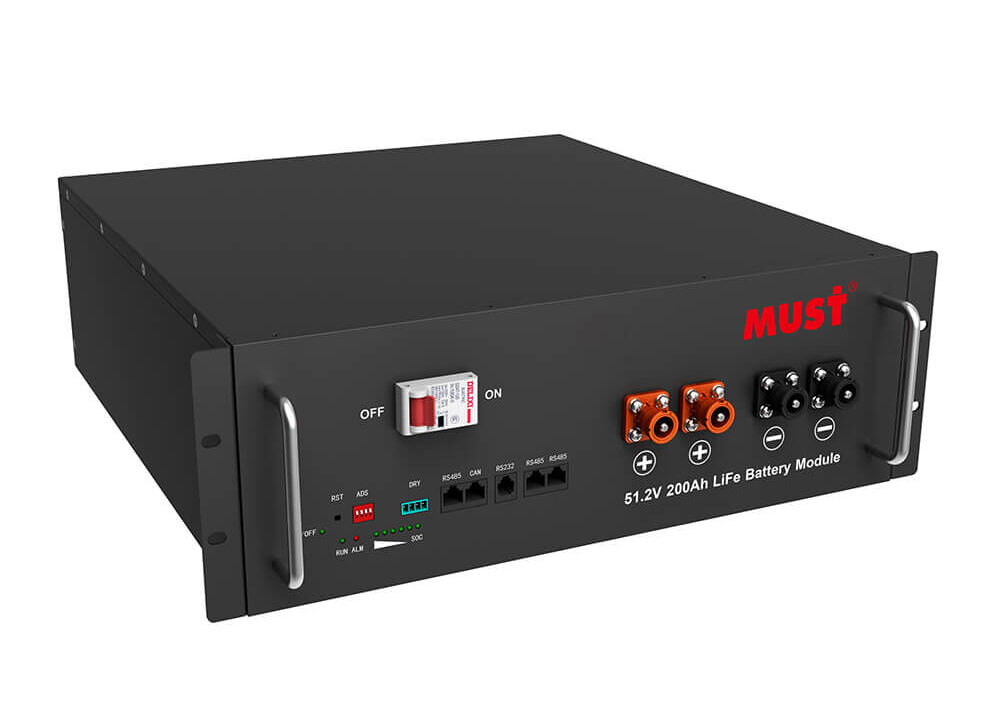
Lithium batteries have a lot of advantages, including their high power density and small size. Their battery life is also much longer than lead acid equivalents, and they recharge faster.
However, when buying a 60 volt 24 Ah Lithium Battery, it is important to know what to look for. This article will help you to make an informed choice.
Cost
The price of a 60 volt 24 Ah Lithium Battery can vary widely depending on the brand and model you choose. The cost can range anywhere from a few hundred dollars to a couple of grand. The best way to save money is to shop around for a price match.
You can also compare prices by Towsonbattery Lithium Ion Battery and watts of power. Lastly, be sure to check the warranty and service policies before making your purchase. The last thing you want is to be hit with a big bill for bad service. The most important point is to remember that a faulty or broken battery can spell disaster in the form of an outage.
Voltage
Lithium batteries are the safest type of battery available. They are completely safe to use if you follow proper care instructions while charging, discharging or using them.
They are used in a wide range of applications and appliances such as large electric vehicles, light electric vehicles, power tools, small medical equipment and portable equipment. They are also widely used in electronics, telecommunications and computer applications.
Some of the benefits of lithium batteries include their high energy density and shorter battery life. They are also lighter and smaller than other types of batteries and require less maintenance.
Lithium batteries can be charged at temperatures below 0deg Celsius however, they should not be overcharged as this will damage the metal plates inside and may malfunction. Extremely cold weather will also reduce the lifespan of lithium batteries as the metal plates in them freeze and may stop working properly.
Amp Hours
Amp hours is a metric that measures the amount of current flowing through a battery for a specific period of time. It’s commonly used in calculating the capacity of large energy storage devices, such as rechargeable batteries and deep-cycle batteries. The unit also helps determine battery life and efficiency, and it’s particularly useful in industrial applications where frequent draining is common.
Amp hours are generally rated in C ratings, with a high C rating indicating that the battery can provide a greater number of amperes over a specified time period. This is especially helpful in determining the power rating of solar electric batteries and deep-cycle batteries, which need to discharge at different rates. However, it’s important to note that the more rapid a battery is discharged, the less available amp hours it will provide. This phenomenon is known as Peukert’s law and can negatively affect the battery’s performance and life.
Weight
A 60 volt 24 Ah Lithium Battery weighs less than half of a typical lead acid battery. They also have a higher power-to-weight ratio, which means you can use them for more tasks in a given amount of time. Moreover, they’re safer than lead-acid batteries because there is no risk of spilling acid when they’re not in use.
The weight of a battery is measured in Ampere Hours (AH). Usually, this number is shown in the description or on the label. It’s the total amount of electricity a battery can deliver at its rated voltage for an hour. Using a battery with a high Ah rating will help you choose the right size and power level for your device. The AH number is also a great way to compare different batteries. The higher the number, the more powerful the battery. For example, a 60 Ah battery can deliver three amps for an hour. However, a 50 Ah battery can deliver only one amp for an hour.